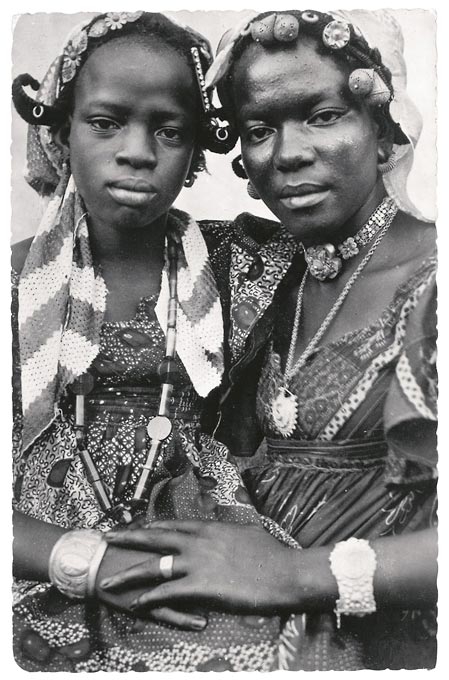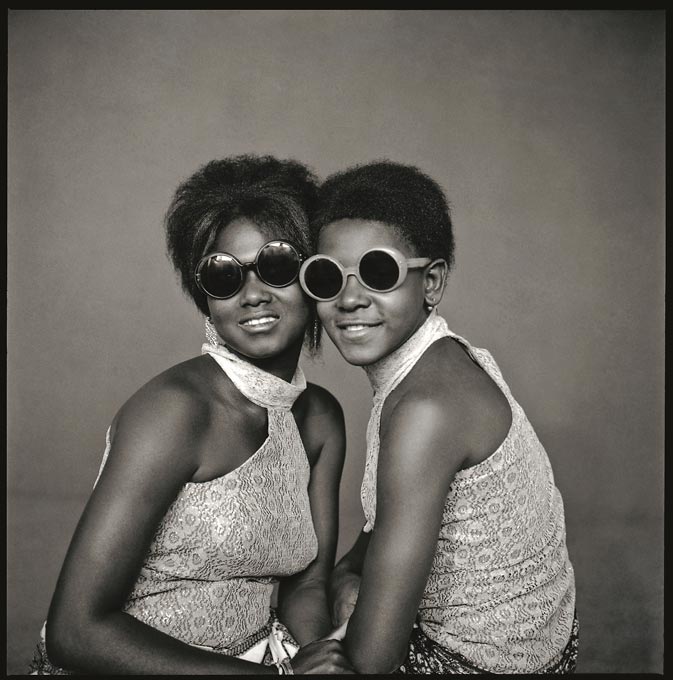In Spring 2020, when writer and curator Catherine McKinley spoke to The Classic about her photography collection, our correspondence was filled with excitement – the specific kind of ebullience that accompanies the sharing of images. Do you know it? The generosity and exchange of understanding, made possible by a collector’s keen eye. At the time of our interview, McKinley was arranging the images that would accompany her upcoming book, The African Lookbook: A Visual History of 100 Years of African Women. On the occasion of its UK publication this month, we wanted to share a further selection of images from the book, which evokes the same wonderful excitement found in our conversation.
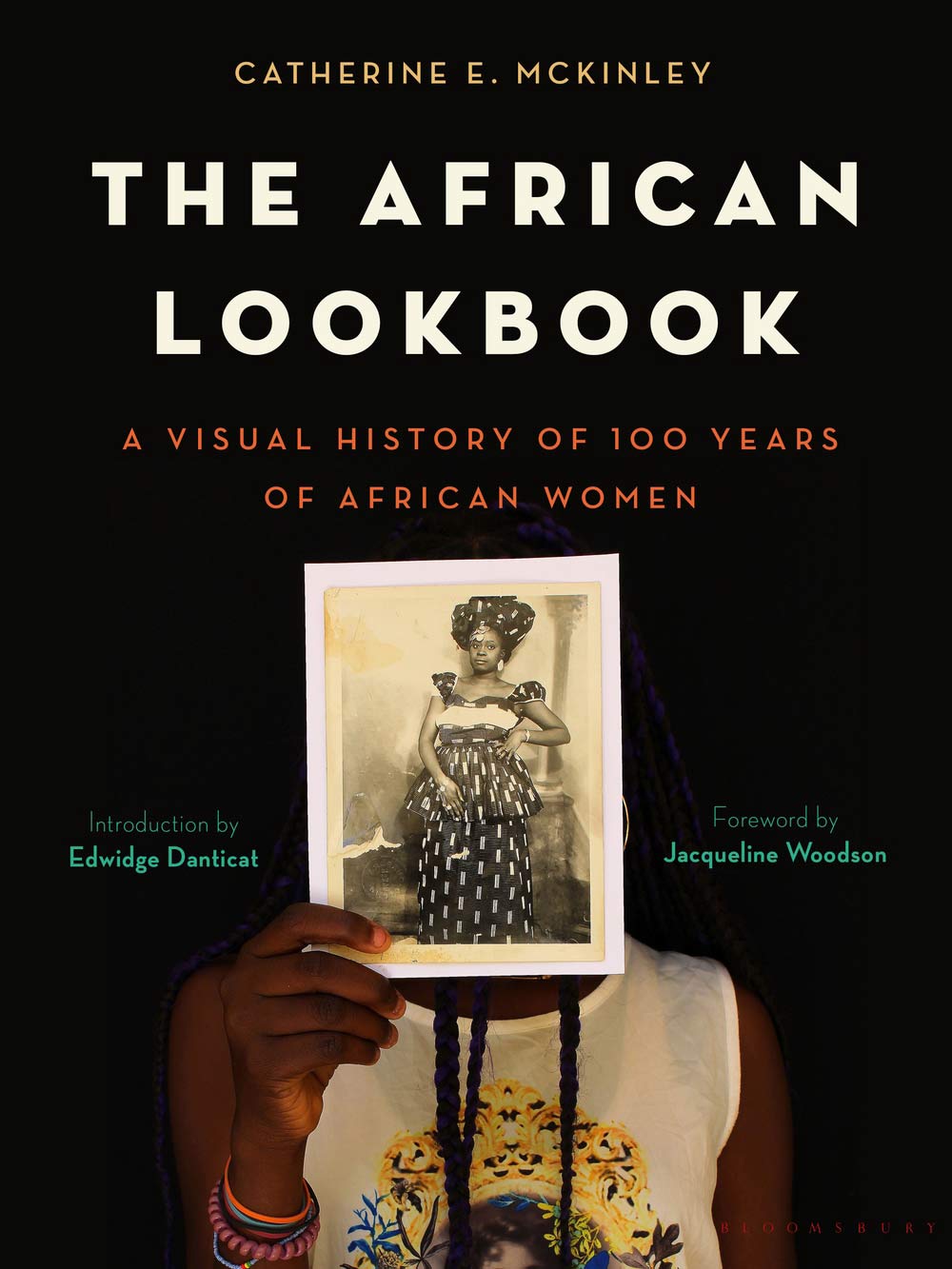
McKinley began collecting African studio photography while traveling in West Africa in the early 1990s. In the years since, she has built a significant collection, which revolves predominantly around images of African womanhood – the focus of The African Lookbook: A Visual History of 100 Years of African Women. “When we explore early African photographs, especially studio images,” she writes, “both the politics of the body captured in the lens and the details of how the body is displayed (a woman’s glance, a button, a tattoo, the folds of a headscarf that signify a complaint or sly wisdom, or a display of true political and economic power in a few yards of cloth), we are privy in these moments to an often coded, subversive history.”
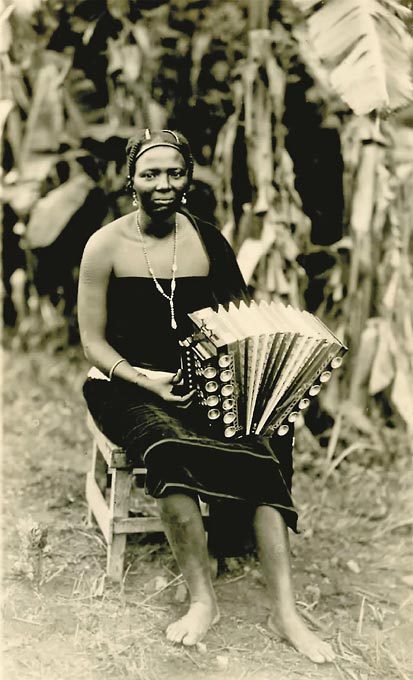
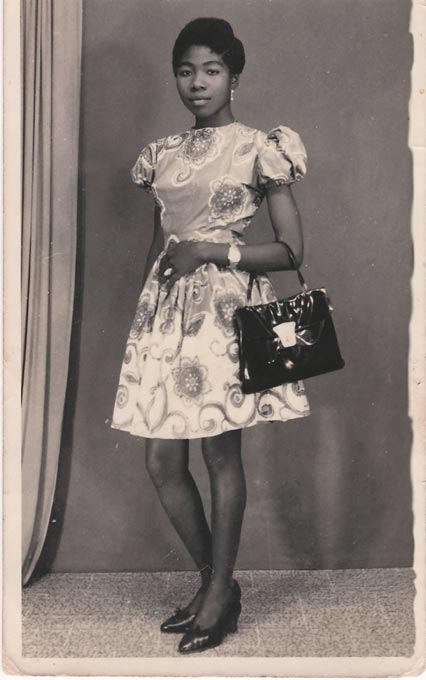
Through the combination of McKinley’s illuminating visuals and words, we see the history of textiles and photographs as inextricably linked. She explores the power dynamics of colonial studios, examines society in the portraits Africa’s 20th-century master photographers, interrogates nudity’s meaning in ethnographic postcards, and celebrates fashionable post-independence snapshots. “Trying to read the images in African archives inevitably puts the view on a slippery slope,” she writes. Colonial and African fashion systems—both modern and ancient—mimic each other; sometimes we don’t know where ‘tradition’ begins and ends.”
There is an energy in the words that accompany these photographs that is not often found in writing on historical photography. The factual histories presented are interspersed with meditations on the experiences of the women present in the images; some photographs are accompanied by the kinds of questions we ask silently when examining the unknown: Whose room is this? Who chose the flower for my lady’s hair?
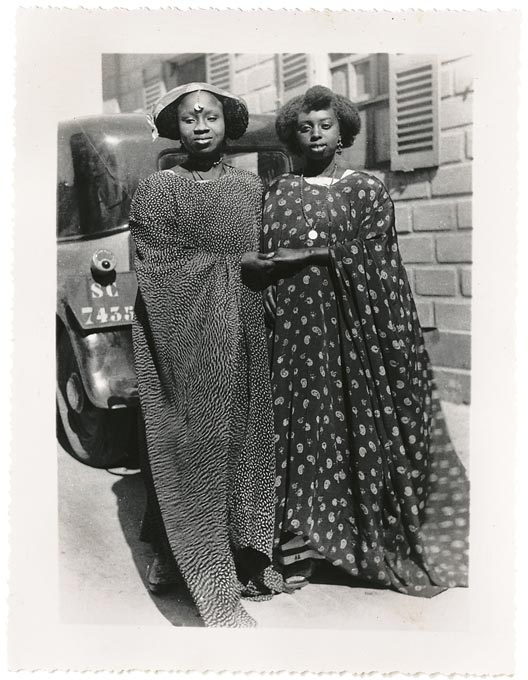
When we spoke in 2020, McKinley discussed some of the more troubling imagery, sexualised images that were a result of a colonial power structure: “You are aware of the spectre of violence. Some of these are among my favourite photos because of the beauty and the layered and contradictory narratives they contain. How do you reconcile the two? You don’t. For me, again, it’s all about what’s in the woman’s eyes – what she makes of it – it’s her ferocity, or ambivalence, it’s raw pain, or how she implicates you – that leads me.”
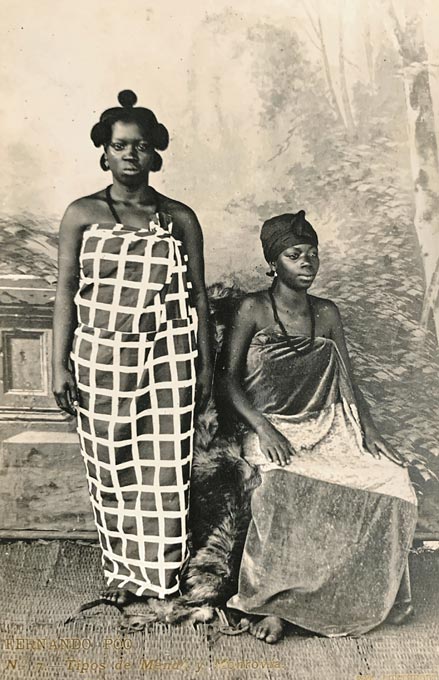
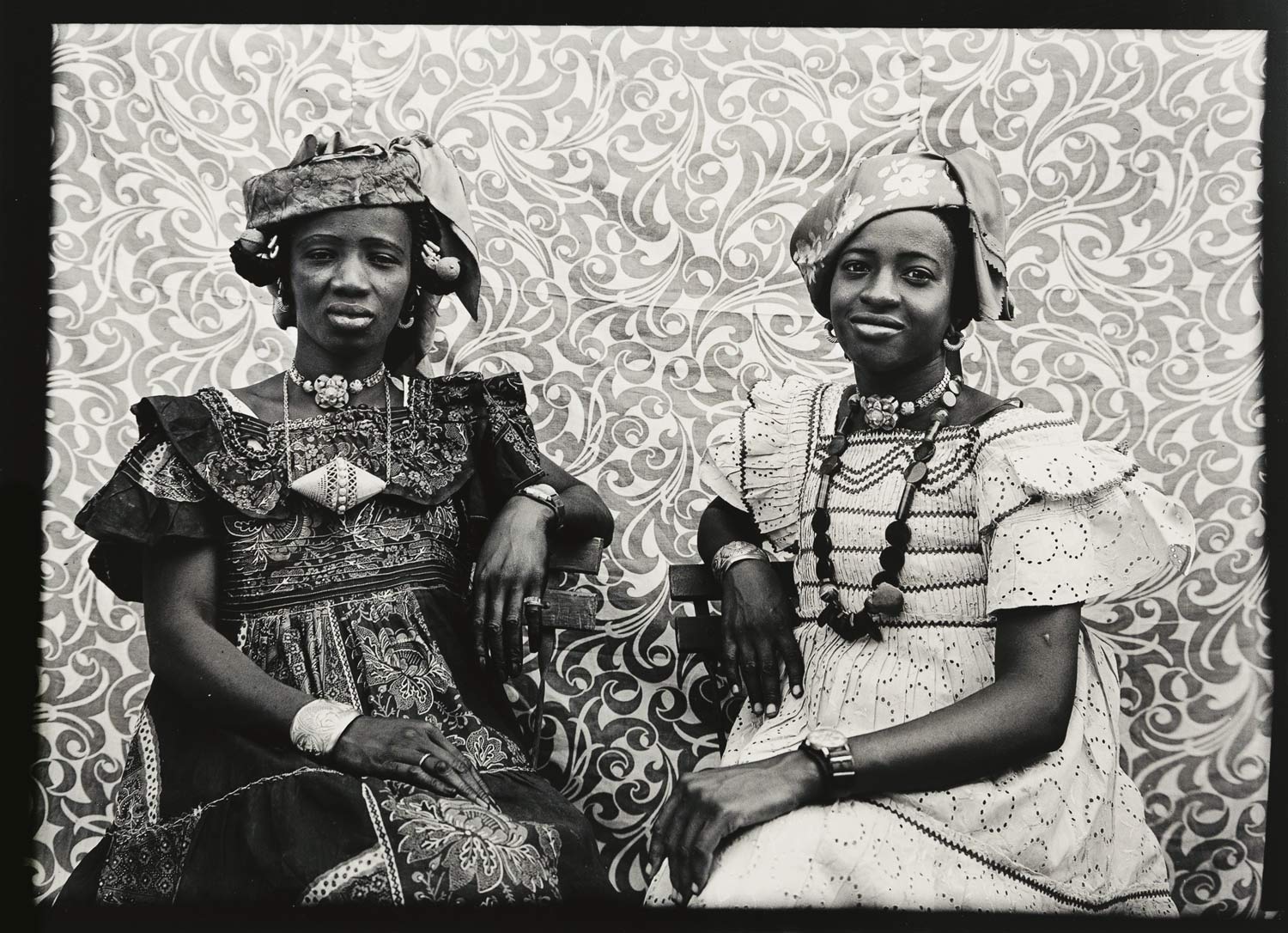
The book is also illustrated with artwork created by Frida Orupabo, an Oslo-based Norwegian-Nigerian artist. Orupado has reworked a selection of the collection’s images into collages, which speak to the physicality of these objects, and also McKinley’s ever-present generosity in sharing what she has found. Presented in their reworked or original forms, each image reveals the complex and empowering relationships between African women and the camera since the 19th century, and shows how dress can help us understand their stories.
The African Lookbook: A Visual History of 100 Years of African Women by Catherine McKinley is available now. Find out more about The McKinley Collection at www.themckinleycollection.com. All images courtesy of The McKinley Collection.
